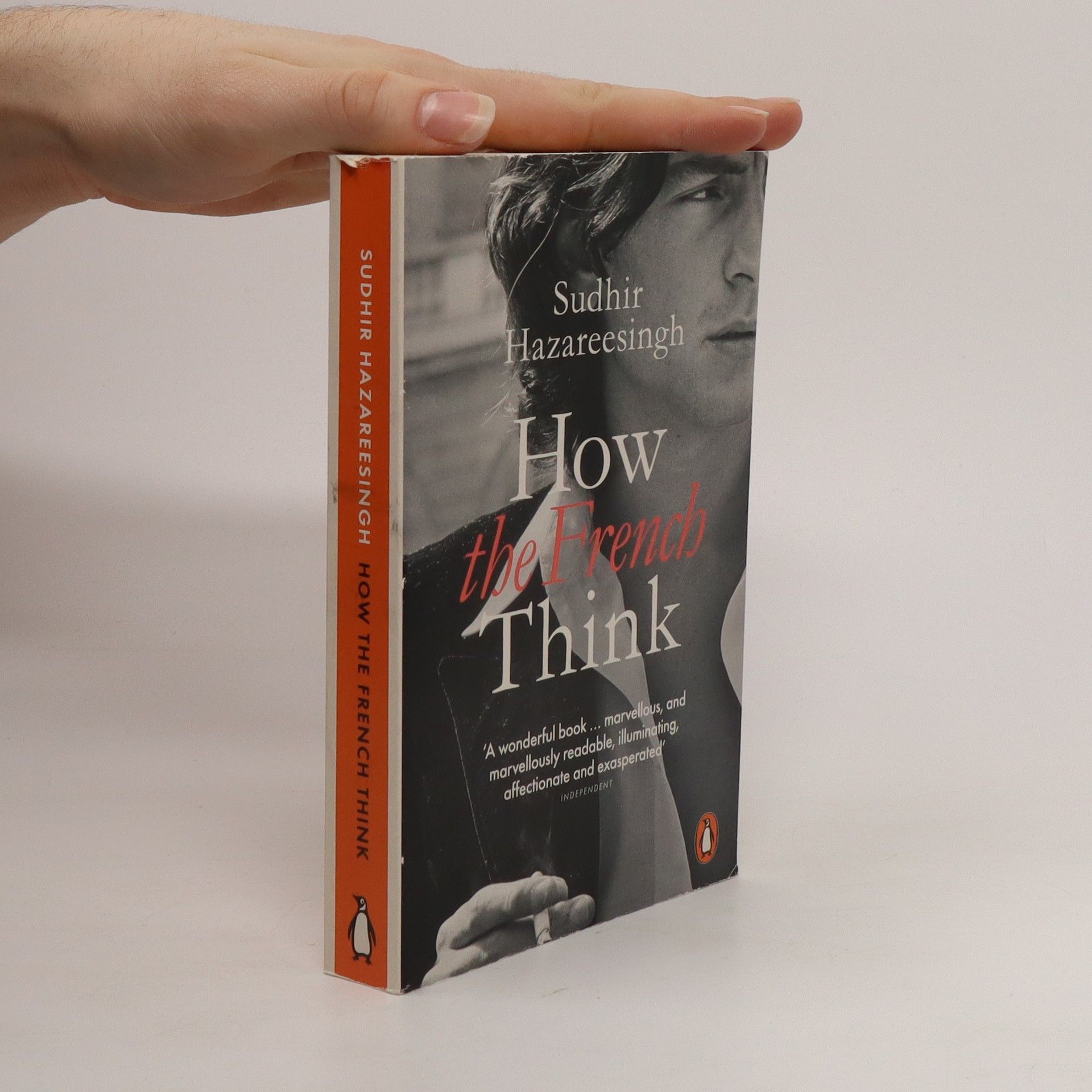Black Spartacus: The Epic Life of Toussaint Louverture
- 464pages
- 17 heures de lecture
"A biography of the Haitian revolutionary leader Toussaint Louverture"--Provided by publisher




"A biography of the Haitian revolutionary leader Toussaint Louverture"--Provided by publisher
A biography of the Haitian revolutionary leader Toussaint Louverture.
WINNER OF THE GRAND PRIX DU LIVRE D'IDÉES The French: serious and frivolous, charming and infuriating, rational and mystical, pessimistic, pleasure-loving - and perhaps more than any other people, intellectual. This original and entertaining book shows exactly what makes the French so ... French.
"God was bored with Napoleon" wrote Victor Hugo and as is well known, the Emperor was duly defeated at Waterloo in 1815 and exiled to St Helena, where he died an agonizing and horrifying death. The Emperor's real legacy is the modernizing and beautifying of Paris, the official promotion of religious tolerance, the current French legal and educational systems, and the European Union, to name but a few Napoleonic initiatives. And of course, the legend lives on. Drawing on new archival research, Hazareesingh traces not only the emergence of the Napoleonic myth and how it developed into a potent political culture, but also the amazing tenacity of popular affection for the emperor, manifest in countless busts and portraits in ordinary citizens' homes, grass-roots political activism, miraculous apparitions reported after his death, and the memories kept alive by thousands of imperial war veterans. This book is a timely study of why the fascination with Napoleon has endured for two centuries.